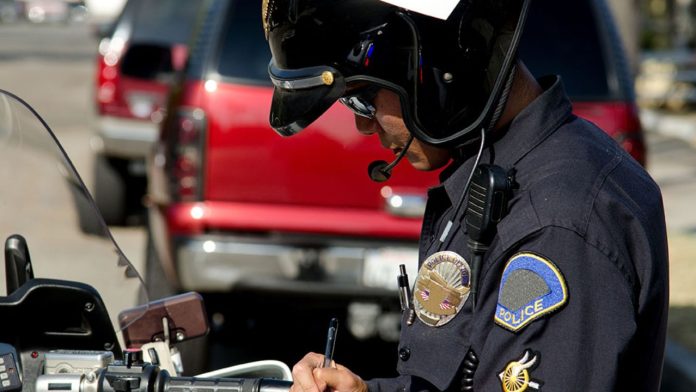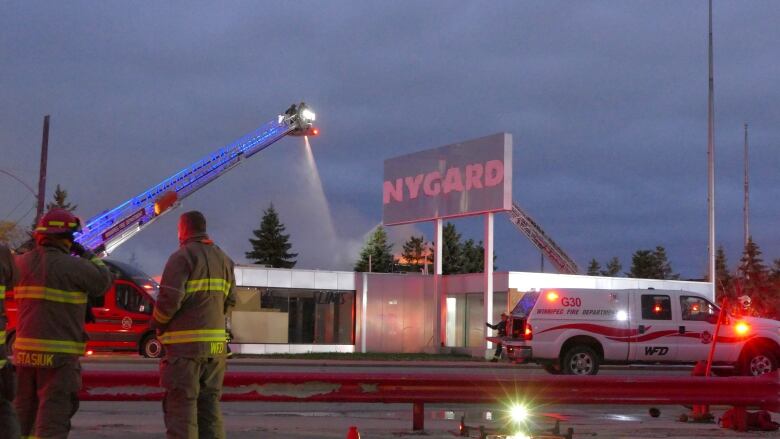Body-worn cameras (BWCs) are used in many different industries for a number of important reasons. The main purpose of these gadgets is to record interactions and events that occur in real-time from the viewpoint of the wearers.
BWCs aid in the provision of an objective and transparent record of police encounters, improving accountability and possibly lowering conflict. They support the gathering of evidence by providing important video that can support https://www.hytera.com/en/product-new/body-worn-camera/body-worn-camera-solution.html witness accounts and incident reports, supporting inquiries and legal actions.
Additionally, it has been discovered that BWCs promote professionalism and ethical behavior among wearers by encouraging adherence to procedures and best practices. BWCs are used in security, healthcare, and professional settings to improve safety protocols, enable training through practical situations, and guarantee an extensive event log, supporting. In general, the usage of BWCs seeks to increase public confidence, reduce conflict, and promote a safer, more responsible workplace across a range of businesses.
International Standards or Guidelines for the Use of Body-Worn Cameras
Worldwide standard devoted exclusively to the application of body-worn cameras (BWCs). However, a number of nations and organizations—particularly those involved in security and law enforcement have developed rules and regulations for the use of BWC.
United States
A number of departments and law enforcement organizations in the US have created their own BWC usage rules. Through the Bureau of Justice Assistance, the U.S. Department of Justice has given law enforcement agencies resources and advice to help them implement BWC programs. For example, the DOJ’s Body-Worn Camera Toolkit provides helpful suggestions and things to think about.
United Kingdom
The National Police Chiefs’ Council (NPCC) in the country has released guidelines pertaining to police officers’ usage of BWCs. This guidance offers insights into best practices for implementation and tackles privacy, data preservation, and operational aspects.
European Union
The General Data Protection Regulation (GDPR) of the EU establishes guidelines for the processing of personal data, which has an indirect impact on the use of BWCs. With the goal of striking a balance between openness and personal privacy, several European nations have developed legislation or recommendations for the use of BWC, guided by the principles of the GDPR.
Canada
Law enforcement agencies and provinces in Canada have different policies on the use of body-worn cameras, or BWCs. Concerning privacy, data retention, and operational usage, the Royal Canadian Mounted Police (RCMP) and other law enforcement agencies have developed their own policies and procedures for implementing BWC. In order to ensure accountability and openness in the implementation of BWC initiatives, the rules place a strong emphasis on respecting individuals’ right to privacy.
Australia
BWC use is governed by state-specific laws in each of the nation’s states. The BWC programs of the Queensland Police Service and the New South Wales Police Force, for example, were developed in compliance with state-specific laws.
Development of International Standards
One important international organization that sets standards is the International Organization for Standardization (ISO). Although BWC-specific ISO standards have not yet been developed, BWC deployment may benefit from compliance with data security, privacy, and video surveillance standards.
UN And Interpol Initiatives
Guidelines pertaining to the use of body-worn cameras (BWCs) are influenced indirectly by recommendations and discussions on police technologies and practices made by the United Nations Office on Drugs and Crime (UNODC) and Interpol.
Industry Standards
The security sector, which includes BWC and associated technology producers, frequently follows industry-specific standards that include things like software integrity, hardware durability, and data encryption. Nevertheless, not all jurisdictions will apply these rules in the same way.
The widespread use of BWCs in the security and law enforcement industries has sparked debates and recommendations at the national, regional, and organizational levels even if there isn’t a single worldwide standard.
Conclusion
It may become easier to build comprehensive, globally recognized international standards for BWCs as laws and technology advance. This would guarantee the ethical, transparent, and consistent usage of these devices across national boundaries and industries. Seeking to strike a balance between personal freedoms and privacy issues and responsibility and transparency.











